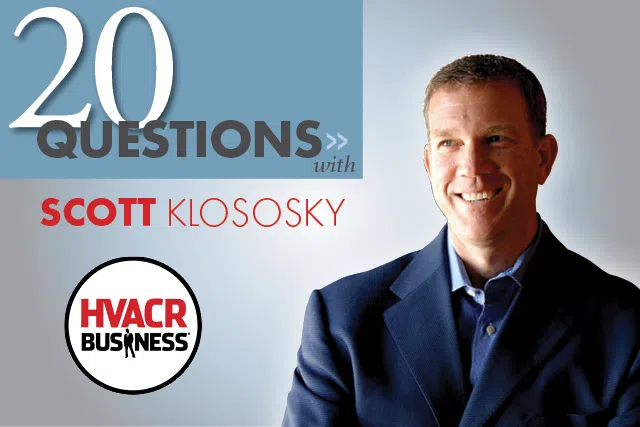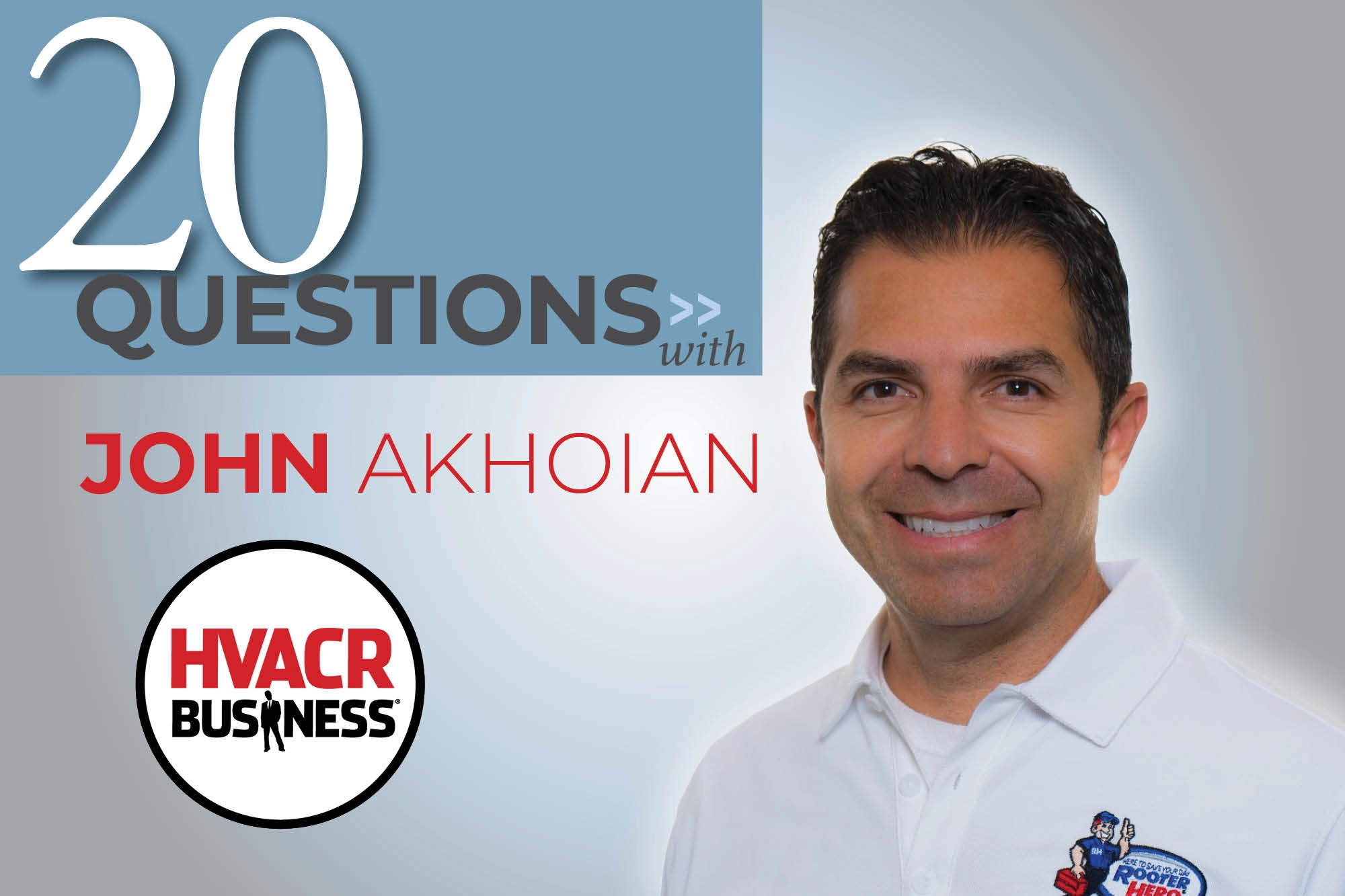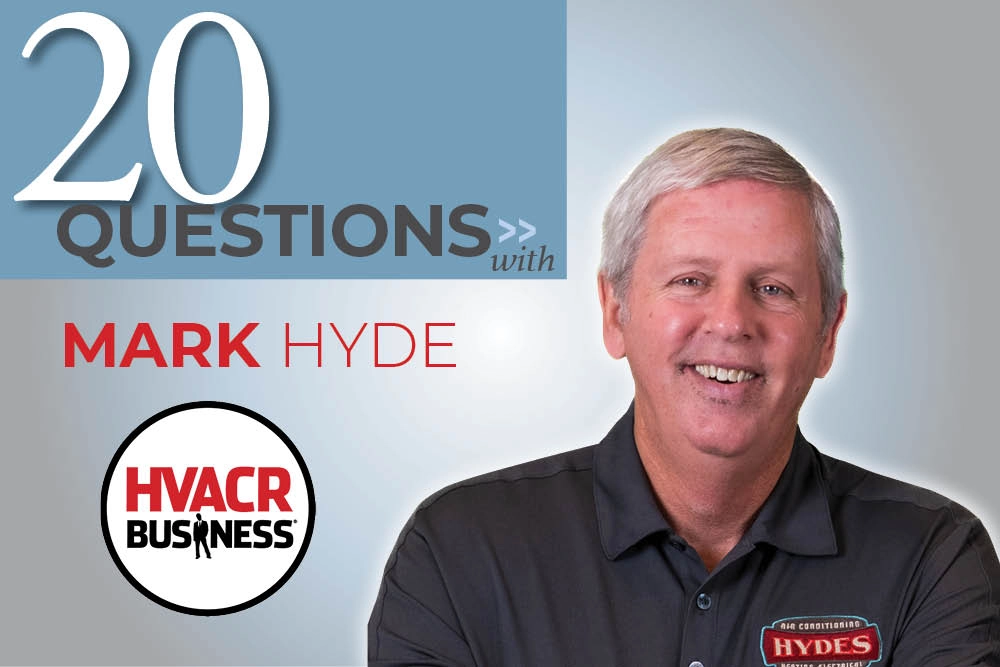Terry Tanker recently met with technology guru and consultant Scott Klososky, author of The Velocity Manifesto. They spoke about how technology is changing leadership.
1. What mobile devices do you use?
iPhone and iPad.
2. What was your first computer?
A Victor 9000. I was programming in Basic, so when MS DOS came along, I was really happy.
3. Can you tell me about the companies that you started before your current career?
The first company was a retail computer store chain, that I started in 1987. The second was a company I owned half of, and the Soviet government owned the other half. We imported software technology to Western markets. I sold that to a venture capitalist in ’92. In ’95 I started another company that was a visual advertising agency, which was sold in 2001.
4. What were the biggest mistakes you made with those three companies?
Two things — hubris stopped me from taking good advice. The other thing was putting the wrong team together.
5. You spoke at MCAA 2011 in March. What was your message?
I gave two different sessions. The first was about how technology is driving changes in leadership, the topic of The Velocity Manifesto. The second session was about social technologies and how much they’re changing how we get work done, how we market, and how we sell.
6. What are biggest leadership mistakes you see these days?
I see three skills really lacking in leaders: the ability to make good technology decisions; the ability to see into the future accurately, and respond to it; and understanding cultural changes, both internally and externally, in customers and employees.
7. Why should an HVACR business owner care?
Technology is what can give them an edge, as far as their estimating, cost control, and keeping jobs running on time.
8. What if I’m a really small business just doing residential work?
I don’t care how large or small you are, you have some form of “digital plumbing,” and to the degree that that digital plumbing gets more and more sophisticated, you’ll have an advantage over your competitors.
9. Right now, a lot of our readers are saying, But I’m not an IT company! I bet you disagree. Why?
I do disagree. I have a client in this space, so I am really knowledgeable about the role of IT with the contractors. Let’s start with why strategic planning is important. If they don’t sit down as a team and map out a strategy for their digital plumbing, they’ll end up doing everything organically. The more efficient, effective, less costly and less frustrating way is to sit down and develop a strategy and architecture.
10. So If I am a leader and previously delegated all of my company’s technology decisions to an IT staff, what do I do to change?
You need to invest a little bit of time in getting up to speed on the concepts. Technology is just a different language, but it’s a language that modern business leaders need to know. What would you think if you heard a business leader say, “Nah, I don’t need to know anything about accounting. I have a CFO for that.” We would never accept that.
11. How deeply do they need to understand technology?
You don’t have to be an expert. You don’t have to know how to program a router, for instance. But, you need to understand concepts such as cloud computing and why it is that you might want to get that data center out of your building.
12. You’ve said that owners should build their companies to be disruptive. What does that mean?
Today’s reality in business is that you are teaching your competitors what to do, or they’re teaching you. And, if you’re learning from your competitors on the streets, then they’re taking market share away from you. So, you have to be disruptive; you have to do something that is noticeably better than your competition, and you have to get it out there before they would.
13. You have written about social media and enterprise social technology. What’s the difference?
Social media tends to be used more for what people do at a personal level. Enterprise social technology starts wrapping around bigger concepts that can have a business benefit, such as crowd sourcing, facilitated selling, and online reputation management.
14. Contractors say it is hard to measure the rate of return on social media. Any advice?
It’s not that hard. Look at conversion rates, for instance. If I have a blog with 1,000 people reading, I can put a link in the blog to a customized web page. How many people went to the page to take advantage of my offer?
15. What if I don’t have a blog?
Start off measuring simple things like how many people are connected to you. Then, what is my ability to influence them to take action? Send a message through those connections with an enticement to take an action and then measure the percentage that took the action.
16. What about things that are harder to measure, such as branding?
Start tracking a “sentiment ratio.” People will comment about your business online. What’s the ratio of positive comments to negative? Start out with very simple measurements like those.
17. How can HVACR company owners get ahead of changing consumer and technology trends?
You have to be knowledgeable about social trends, technology tools and how people are using them in new ways, and be up to speed on how business activities such as selling are being changed by social media and other technology tools.
18. Your advice to business leaders is to create a balanced portfolio of people, processes, and products. Can you elaborate?
I teach executives how to be “high-beam” leaders — how to look forward into the future accurately and prepare for it. It requires trending extrapolation, so they have a really clear picture of what the market is going to look like in the next five years. Then we make investments so that they are relevant in that future.
19. Can you give an example?
The trend for data centers is they are going to be smaller. So are the chillers and equipment that cool them. So if this is your company’s market, you might need to retrain your people, hire different people, build different kinds of processes, and you may need to build different products.
20. Any parting advice to contractors who might be feeling overwhelmed by your message?
It doesn’t cost that much to experiment with some of these new technologies, so be willing to experiment.






